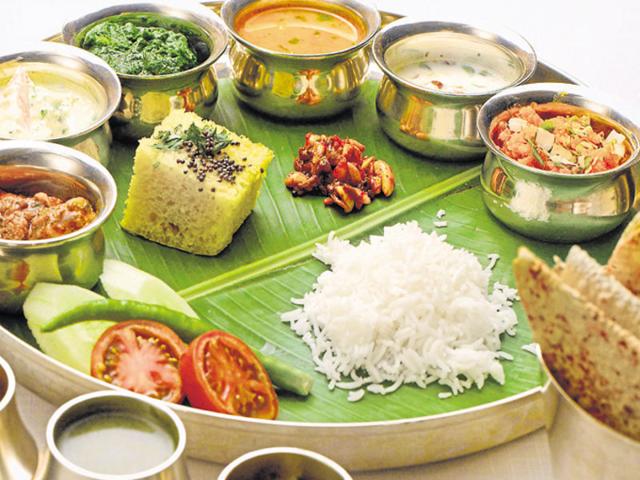Wheat, corn, pollen and more: Indians most sensitive to 24 food items
The EuroPrevall study, a survey of the general population, found that 26.5% Indians are sensitive to shrimp, sesame, wheat, corn and tomato — significantly higher than Europeans (16.2%)
Indians have the highest sensitivity to a basket of 24 food items, including fruits, vegetables, seafood and cereals, among others, revealed a first-of-its-kind study on food allergies. Sensitivity to a food item causes the immune system to produce anti-bodies that recognise the allergen, but does not cause visible allergic reactions such as skin rash or hives.

The EuroPrevall study, a survey of the general population, found that 26.5% Indians are sensitive to shrimp, sesame, wheat, corn and tomato — significantly higher than Europeans (16.2%). In case of Americans, the rate drops to 13% to 15.9% sensitivity to milk, eggs, shrimp and peanuts, according to another study.
The study, however, revealed that the prevalence of a probable food allergy with clinical symptoms — like rashes — within two hours after consuming the food was found to be as low as 1.2% among Indians.
“Indians have the highest anti-bodies associated with food allergy in the world, but its manifestation into clinical diseases is the lowest so far. So something is clearly protecting the Indian population,” said Dr PA Mahesh, lead investigator, and professor, JSS Medical College, Mysore. He added that with changes in the environment and Indian diet increasingly comprising of junk food, tinned food and preservatives, the immunity reaction may change. “If we lose the protection, India could be heading for a major epidemic of food allergy, which it is ill-equipped to handle.”
The findings were published last week in Allergy, the official journal of the European Academy of Allergy and Clinical Immunology. Initiated in 2005, the multi-centre EuroPrevall study was extended to emerging economies, such as India, Russia and China, which are transitioning from traditional to modern lifestyles.
The population sample that participated in the research was from Karnataka, but can represent the general Indian population, researchers said. Samples were drawn from Bangalore – a large metropolitan centre that is transiting to a westernised lifestyle; and Mysore, a smaller city that has retained traditional food consumption and preparation habits.
Bangalore residents showed more sensitivity towards any food allergen compared to those in Mysore. Shrimps and sesame together accounted for the highest – 30% – of sensitization, while the least was for seafood at 0.5%.
“This is an important study, which provides evidence for yet another adverse impact of the rising trend of junk food consumption especially among the younger population,” said Shweta Khandelwal, associate professor, Public Health Foundation of India, Delhi. “If we don’t make conscious effort to consume fresh, locally available whole foods, fruits and vegetables, we will not be able to control the numbers.”
In addition to finding reactions between some foods and pollen – called pollen-food syndrome or oral allergy syndrome – as reasons for high sensitivity among Indians, the study also found no clinical co-relation between self-reported reaction to food such as itching and hives.
According to doctors, while only about 5% to 6% of the population has food allergies, there is also over-reporting. For instance, a study by the National Centre of Respiratory Allergy, Asthma & Immunology (NCRAAI) at Vallabhbhai Patel Chest Institute, Delhi, found only 4% of the 60% patients, who said they had some kind of food allergy, tested positive. “The problem with India is that we have very little data of our own to suggest otherwise,” said Dr Raj Kumar, head of NCRAAI.
(With inputs from Anonna Dutt, New Delhi)
Stay updated with all the Breaking News and Latest News from Mumbai. Click here for comprehensive coverage of top Cities including Bengaluru, Delhi, Hyderabad, and more across India along with Stay informed on the latest happenings in World News.
Stay updated with all the Breaking News and Latest News from Mumbai. Click here for comprehensive coverage of top Cities including Bengaluru, Delhi, Hyderabad, and more across India along with Stay informed on the latest happenings in World News.





